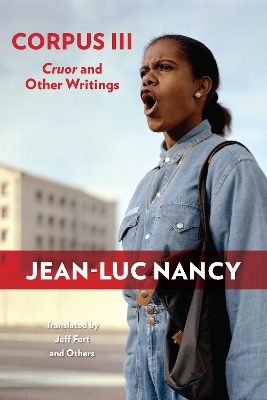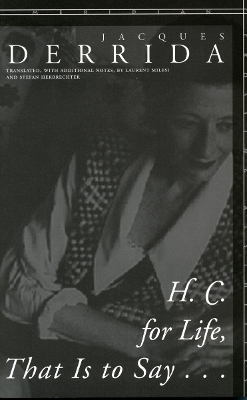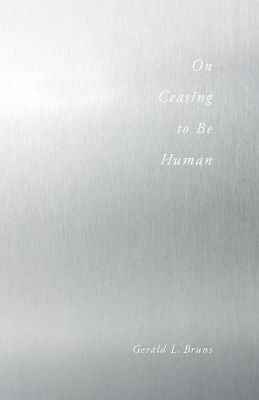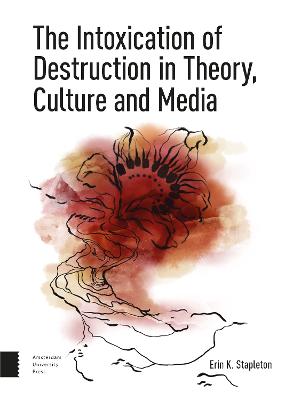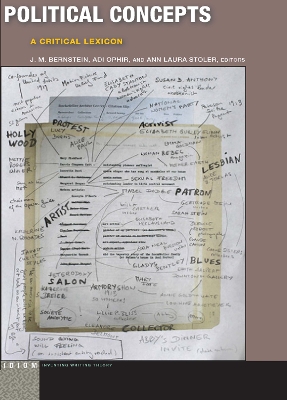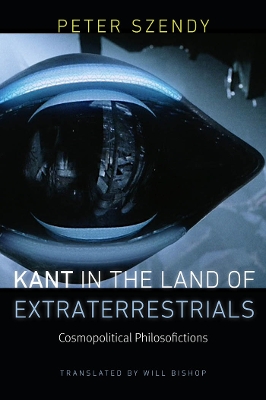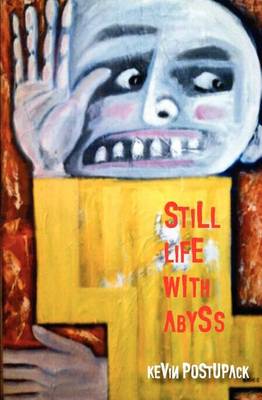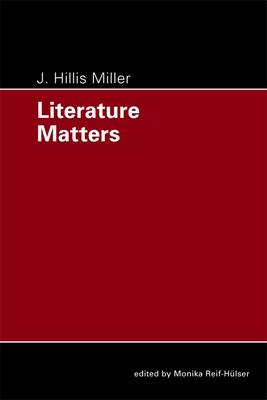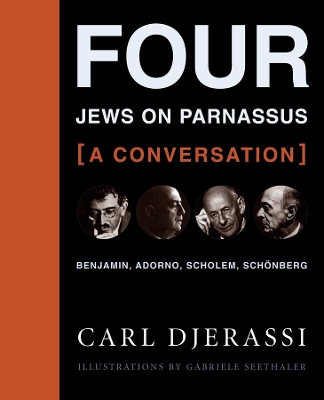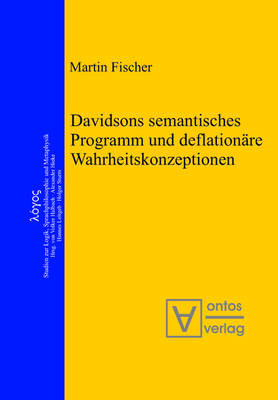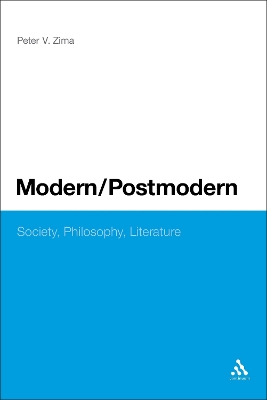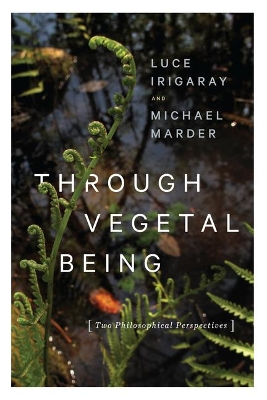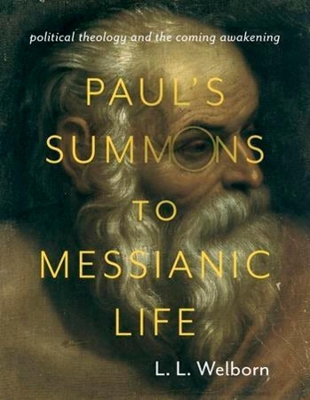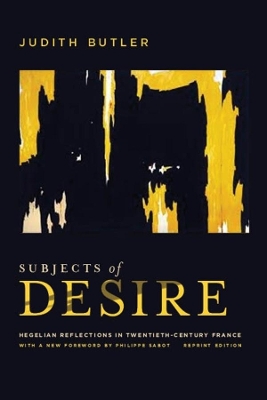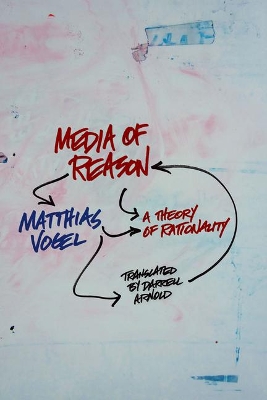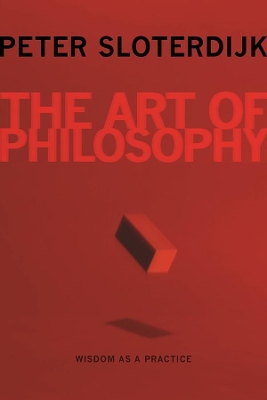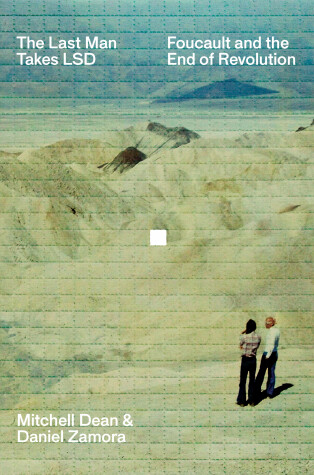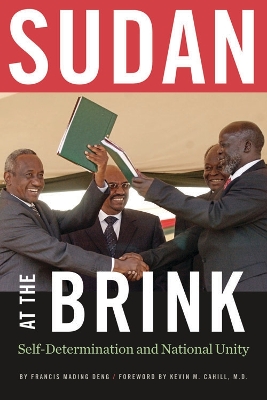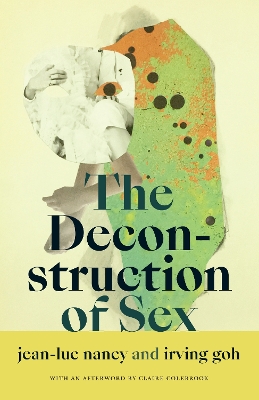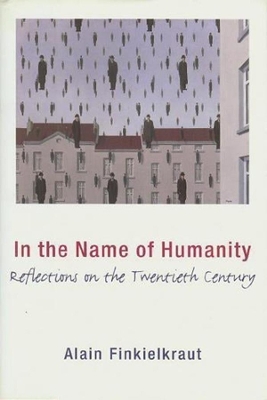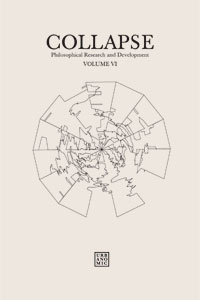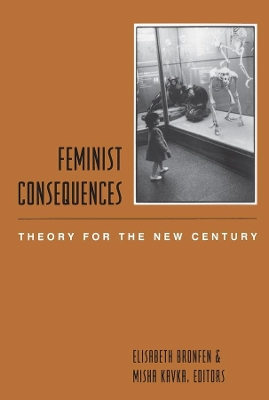H. C. for Life, That Is to Say... (Meridian: Crossing Aesthetics)
by Jacques Derrida
H. C. for Life, That Is to Say . . . is Derrida's literary critical recollection of his lifelong friendship with Hélène Cixous. The main figure that informs Derrida's reading here is that of "taking sides." While Hélène Cixous in her life and work takes the side of life, "for life," Derrida admits always feeling drawn to the side of death. Rather than being an obvious choice, taking the side of life is an act of faith, by wagering one's life on life. H. C. for Life sets up and explores this int...
The philosopher Stanley Cavell once asked, "Can a human being be free of human nature?" On Ceasing to Be Human examines philosophical as well as literary texts and contexts, in which various senses of Cavell's question might be explored and developed. During the past thirty or so years, the very concept of "being human" has been called into question within such fields as cybernetics, animal-rights theory, analytic philosophy (neurophilosophy in particular). This book examines these issues, but i...
The Intoxication of Destruction in Theory, Culture and Media
by Dr Erin Stapleton
This book examines the desire for, and intoxication with destruction as it appears in cultural objects and representation, arguing that all cultural and aesthetic value is fundamentally predicated on its own fragility, as well as the living transience of those who make and encounter it. Beginning with a philosophy of expenditure after Georges Bataille, each chapter maps different operations of destruction in media and culture. These operations are expressed and located in representations of huma...
Political Concepts (Idiom: Inventing Writing Theory)
by Adi Ophir and Ann Laura Stoler
Deciding what is and what is not political is a fraught, perhaps intractably opaque matter. Just who decides the question; on what grounds; to what ends-these seem like properly political questions themselves. Deciding what is political and what is not can serve to contain and restrain struggles, make existing power relations at once self-evident and opaque, and blur the possibility of reimagining them differently. Political Concepts seeks to revive our common political vocabulary-both everyday...
“Yes, Kant did indeed speak of extraterrestrials.” This phrase could provide the opening for this brief treatise of philosofiction (as one speaks of science fiction). What is revealed in the aliens of which Kant speaks—and he no doubt took them more seriously than anyone else in the history of philosophy—are the limits of globalization, or what Kant called cosmopolitanism. Before engaging Kantian considerations of the inhabitants of other worlds, before comprehending his reasoned alienology, thi...
Derrida: A Guide for the Perplexed (Guides for the Perplexed)
by Dr Julian Wolfreys
Continuum's Guides for the Perplexed are clear, concise and accessible introductions to thinkers, writers and subjects that students and readers can find especially challenging. Concentrating specifically on what it is that makes the subject difficult to grasp, these books explain and explore key themes and ideas, guiding the reader towards a thorough understanding of demanding material. Jacques Derrida is one of the most important thinkers of the twentieth century. His writings, his lectures...
This new collection of J. Hillis Miller?s essays centres on the question ?why and to what end should we read, teach, and spend our time with literary and/or cultural studies?? At a time when electronic media seem to dominate the market completely, and jobs follow the money flows into electronic and technical fields, literary and cultural studies might appear as a decorative addenda but not really necessary for the process of growth and development, neither in business nor in the area of personal...
This book features a CD of rarely performed music, including a specially commissioned rap by Erik Weiner of Walter Benjamin's "Thesis on the Philosophy of History." Theodor W. Adorno was the prototypical German Jewish non-Jew, Walter Benjamin vacillated between German Jew and Jewish German, Gershom Scholem was a committed Zionist, and Arnold Schonberg converted to Protestantism for professional reasons but later returned to Judaism. Carl Djerassi, himself a refugee from Hitler's Austria, dramati...
Davidsons Semantisches Programm Und Deflationare Wahrheitskonzeptionen (Logos, #12)
by Martin Fischer
Modern/Postmodern: Society, Philosophy, Literature offers new definitions of modernism and postmodernism by presenting an original theoretical system of thought that explains the differences between these two key movements. Taking a contrastive approach, Peter V. Zima identifies three key concepts in the relationship between modernism and postmodernism - ambiguity, ambivalence and indifference. Zima defines modernism and postmodernism as problematics, as opposed to aesthetics, stylistics or id...
Through Vegetal Being (Critical Life Studies)
by Luce Irigaray and Michael Marder
Blossoming from a correspondence between Luce Irigaray and Michael Marder, Through Vegetal Being is an intense personal, philosophical, and political meditation on the significance of the vegetal for our lives, our ways of thinking, and our relations with human and nonhuman beings. The vegetal world has the potential to rescue our planet and our species and offers us a way to abandon past metaphysics without falling into nihilism. Luce Irigaray has argued in her philosophical work that living an...
Taubes, Badiou, Agamben, Zizek, Reinhard, and Santner have found in the Apostle Paul's emphasis on neighbor-love a positive paradigm for politics. By thoroughly reexamining Pauline eschatology, L. L. Welborn suggests that neighbor-love depends upon an orientation toward the messianic event, which Paul describes as the "now time" and which he imagines as "awakening." Welborn compares the Pauline dialectic of awakening to attempts by Hellenistic philosophers to rouse their contemporaries from mora...
This classic work by one of the most important philosophers and critics of our time charts the genesis and trajectory of the desiring subject from Hegel's formulation in Phenomenology of Spirit to its appropriation by Kojeve, Hyppolite, Sartre, Lacan, Deleuze, and Foucault. Judith Butler plots the French reception of Hegel and the successive challenges waged against his metaphysics and view of the subject, all while revealing ambiguities within his position. The result is a sophisticated reconsi...
Media of Reason (New Directions in Critical Theory, #18)
by Matthias Vogel
Matthias Vogel challenges the belief, dominant in contemporary philosophy, that reason is determined solely by our discursive, linguistic abilities as communicative beings. In his view, the medium of language is not the only force of reason. Music, art, and other nonlinguistic forms of communication and understanding are also significant. Introducing an expansive theory of mind that accounts for highly sophisticated, penetrative media, Vogel advances a novel conception of rationality while freei...
In his best-selling book You Must Change Your Life, Peter Sloterdijk argued exercise and practice were crucial to the human condition. In The Art of Philosophy, he extends this critique to academic science and scholarship, casting the training processes of academic study as key to the production of sophisticated thought. Infused with humor and provocative insight, The Art of Philosophy further integrates philosophy and human existence, richly detailing the foundations of this relationship and it...
In May 1975, Michel Foucault took LSD in the desert in southern California. He described it as the most important event of his life which would lead him to completely rework his History of Sexuality. His focus now would not be on power relations but on the experiments of subjectivity, and the care of the self. Through this lens he would reinterpret the social movements of May 68 and position himself politically in France in relation to the emergent ant-totalitarian and anti-welfare state current...
Critical Models combines into a single volume two of Adorno's most important postwar works - Interventions: Nine Critical Models (1963) and Catchwords: Critical Models II (1969). Written after his return to Germany in 1949, the articles, essays, and radio talks included in this volume speak to the pressing political, cultural, and philosophical concerns of the postwar era. The pieces in Critical Models reflect the intellectually provocative as well as the practical Adorno as he addresses such is...
The Animal Side is a manifesto on the importance of animals for human thought. It attempts to characterize the importance, for human beings, of the fact that animals exist. Adopting a philosophical and poetic approach, the book seeks to show that animals' ways of inhabiting the earth are, for human consciousness, an expansion and an exploration of what philosophers and poets have tried to name by speaking of the Open. Beginning with the story of an encounter with a deer on a road at night, the b...
The Deconstruction of Sex (Cultural Politics Book)
by Jean-Luc Nancy and Irving Goh
In The Deconstruction of Sex, Jean-Luc Nancy and Irving Goh discuss how a deconstructive approach to sex helps us negotiate discourses about sex and foster a better understanding of how sex complicates our everyday existence in the age of #MeToo. Throughout their conversation, Nancy and Goh engage with topics ranging from relation, penetration, and subjection to touch, erotics, and jouissance. They show how despite its entrenchment in social norms and centrality to our being-in-the-world, sex la...
In the Name of Humanity (European Perspectives: A Series in Social Thought and Cultural Criticism)
by Alain Finkielkraut
The notion that all the world's peoples constitute a "brotherhood of man" is not a given among all human beings-it is rather the product of history. So suggests acclaimed philosopher Alain Finkielkraut in In the Name of Humanity, an unsettling reflection on the twentieth century in its twilight hours in which he asks us to rethink our assumptions about universalism and humanism. While many people look to humanist ideals as a deterrent to nationalist chauvinism, Finkielkraut challenges the abstra...
Collapse: Philosophical Research and Development (Urbanomic / Collapse)
by Robin Mackay
Geo/ Philosophy
Feminist Consequences (Gender and Culture) (Gender & Culture (Paperback))
Exploring the status of feminism in this "postfeminist" age, this sophisticated meditation on feminist thinking over the past three decades moves away from the all too common dependence on French theorists and male thinkers and instead builds on a wide-ranging body of feminist theory written by women. These writings address the question "Where are we going?" as well as "Where have we come from?" As evidenced in the essays compiled here, the multiplicity of directions available to this new femin...
